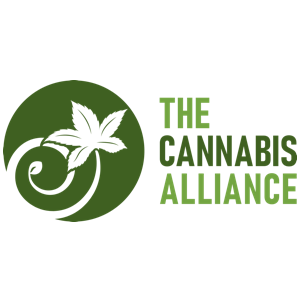The Cannabis Alliance is a non-profit, membership-based association of individuals, businesses, government officials, and non-profit organizations dedicated to the advancement of a vital, ethical, equitable, and sustainable cannabis industry.
Speaker
- Shelley Kloba, WA House Representative (D-1)
